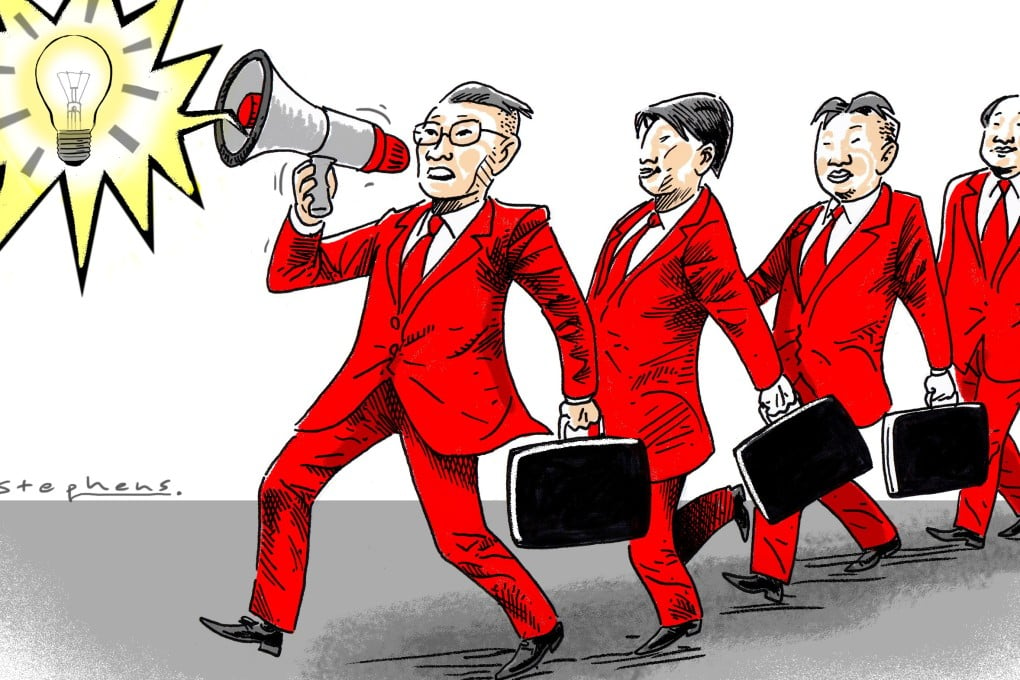Opinion | How China took to made-in-America entrepreneurship and is re-exporting it around the world
- Entrepreneurship is now part of China’s soft power push in Africa, Southeast Asia and beyond. The US president’s disparaging attitude to developing countries means America may miss the opportunity to spread an idea that had its roots in its soil

The moment China begins to actively export authoritarianism, Christensen said, confrontation would become inevitable and he, a pragmatic advocate of strategic restraint, would turn into a thundering hawk and a proponent of a new cold war to contain Beijing.
Africa, for instance, has become one of the major regions where Chinese entrepreneurs are sharing business know-how. In March, Jack Ma, the chairman of Alibaba – the group that owns the Post – launched his Africa Netpreneur Prize, allocating US$10 million to boost entrepreneurship in Africa.
Already, Alibaba’s headquarters in Hangzhou have become a training incubator for a plethora of African entrepreneurs. Similar initiatives to promote entrepreneurship and digitisation have taken place in Thailand and other countries across Eurasia.
This is an unparalleled phenomenon. Unlike the Soviet Union, which educated party cadres from socialist republics or potential communist rebels and then dispatched them with a mandate to spread revolutionary Leninism, China is educating the world on the art of entrepreneurship, which is at the core of modern capitalism.
